I originally wrote this in 2013! What an interesting journey it has been.
So, here we are…this is the inaugural post. Yippee!
My name is Lydia, and I am a flexitarian. It’s taken me a while to get here, but I’m convinced eating plant forward meals is the best option for my overall health and wellbeing. Keep reading to find out more.
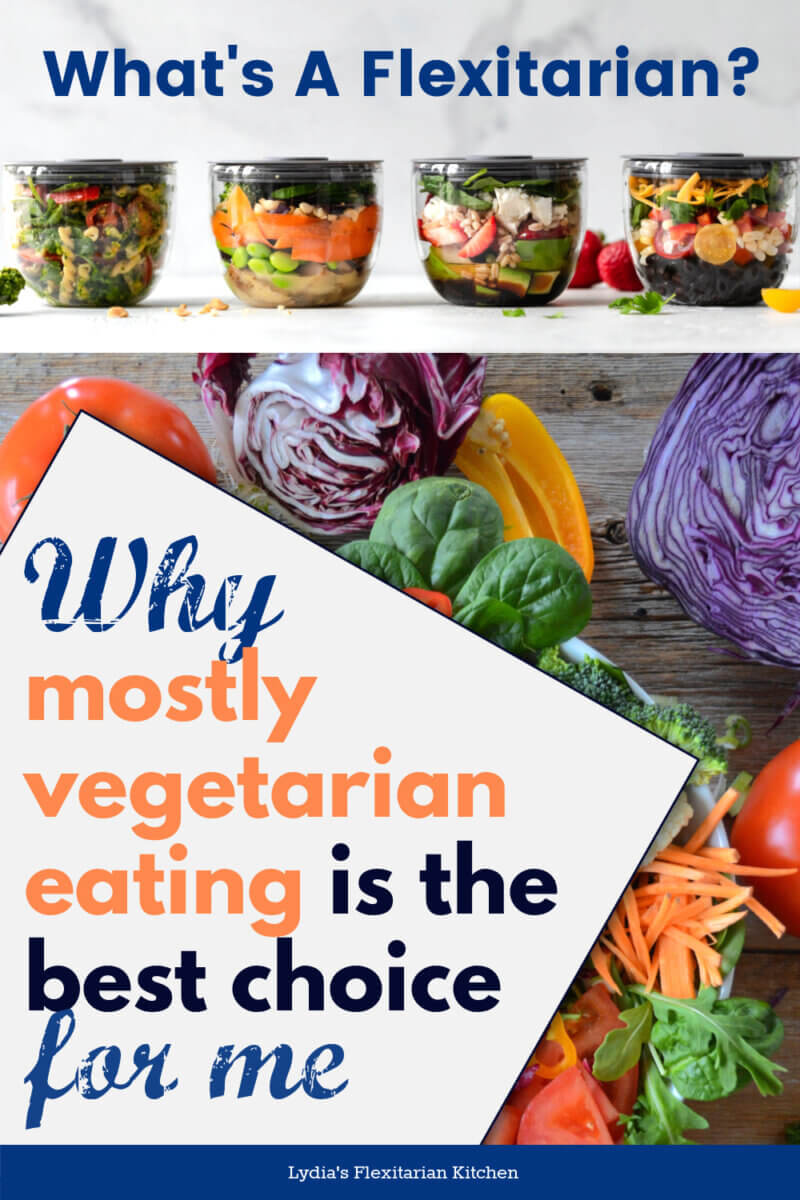
Flexitarians eat meat, just less of it.
Let’s get this out of the way: I love to eat meat, eggs and dairy. Pork is particularly sublime. I used to have it every single day.
Bacon, ham, pork roast, sausage…
There was all kinds of piggy goodness going on.
Cheese was another very good friend. We’d meet up with crackers on a regular basis for a little snack, usually around 2 in the afternoon.
Then I reached an age where my (mostly poor) eating habits caught up with me.
Weight gain, messed up blood chemistry and skin problems became daily companions too, along with the pork and the cheese.
I tried many different types of diets and eating styles, including an elimination diet and oil free vegan. While I lost some weight and saw improvements in other areas, the greatest gift gained from my diet “experiments” was learning to pay attention to my body.
And my body was telling me that I feel better when I eat more veggies and legumes than I did when I filled up on meat and dairy. It was a revelation.
Another revelation was that I prefer cuisines which focus on plant based meals. I find myself drawn to the traditional foods of the Mediterranean and the Levant, Asia, parts of Africa, the Caribbean and Latin America.
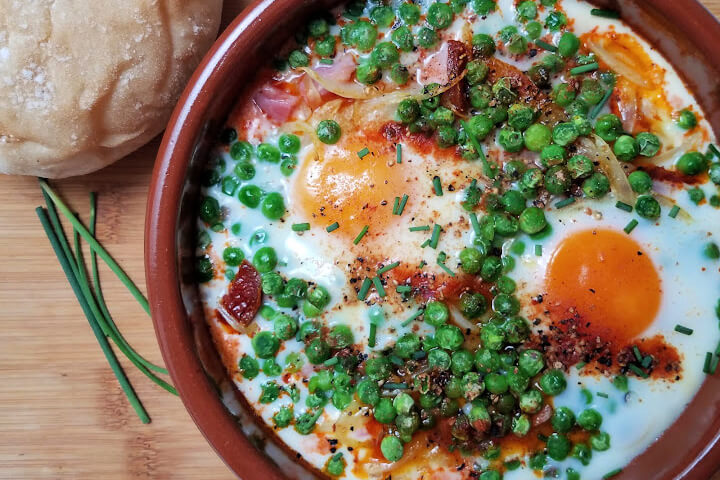
I still eat meat, eggs and dairy, but sometimes I only eat them once a day. Occasionally, a couple days go by without any. I don’t miss them.
That’s a very different experience from other points in my life when I’ve literally felt starved for vegetables.
As it turns out, I’m not the only one who likes to eat this way
It was early 2010 when I first heard the term “flexitarian.”
One day I came across an article written by former NYT food columnist Mark Bittman. He had also experienced diet related health issues that he addressed by eating more plants. He called himself a “less-meatatarian” and a “vegan till dinner.”
How about that? Here’s someone else who just wanted to eat less animal products, not completely eliminate them from their diet.
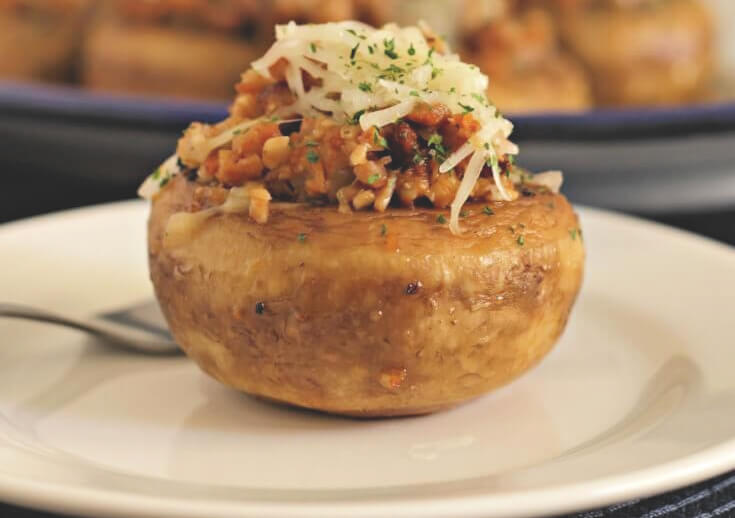
Bittman has since become a favorite food writer. I have many of his books including VB6: Eat Vegan Before 6:00 To Lose Weight and Restore Your Health…For Good and The VB6 Cookbook.
I believe Dawn Jackson Blatner was the first to use “flexitarian” in her book The Flexitarian Diet: The Mostly Vegetarian Way to Lose Weight, Be Healthier, Prevent Disease, and Add Years to Your Life. Her approach is slightly different from Bittman’s, but still helpful in developing a personal eating style.
Eating mindfully
The flexitarian eating style doesn’t restrict any type of food but rather focuses on portion size and sensible eating. Meat is typically served in smaller portions, like a treat or to add flavor, rather than the main component of a meal.
While my reasons for eating this way are mostly health based, I have plenty of concerns about the prevalence of processed foods in our diet, and the impact feeding people cheaply and efficiently has on our environment.
Since I eat less meat and processed (aka junk) food, I find I can buy better quality without breaking my food budget. Sometimes I can meet my needs at the local grocery, other times I need to make a separate trip to a specialty market.
That’s ok with me. It’s all part of the journey.
Perhaps most important, I can eat well while also putting my money where my mouth is. I do this by supporting local businesses and companies which also support my values.
Flexitarians are plant loving omnivores
So, to answer the original question, a flexitarian eats fruits and vegetables, meat and dairy, grains, legumes, fermented foods, soy, whatever we like. When I was a school girl an animal which ate such a wide variety of food was called an “omnivore” so I guess that’s what I am…a plant loving omnivore.
But I’ll call myself a flexitarian without hesitation.
How about you? What attracts you to this style of eating? What don’t you like about it?
Interested in learning more? Check out my 5 Weeks of Flexitarian Eating series.

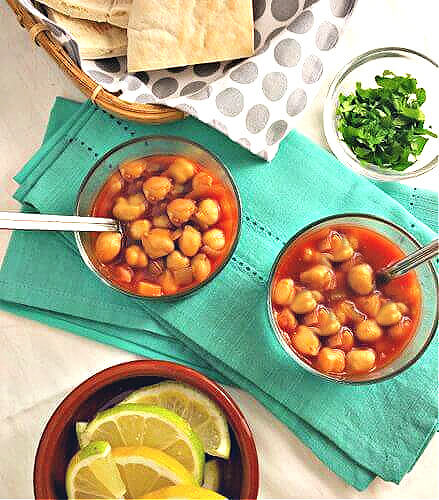
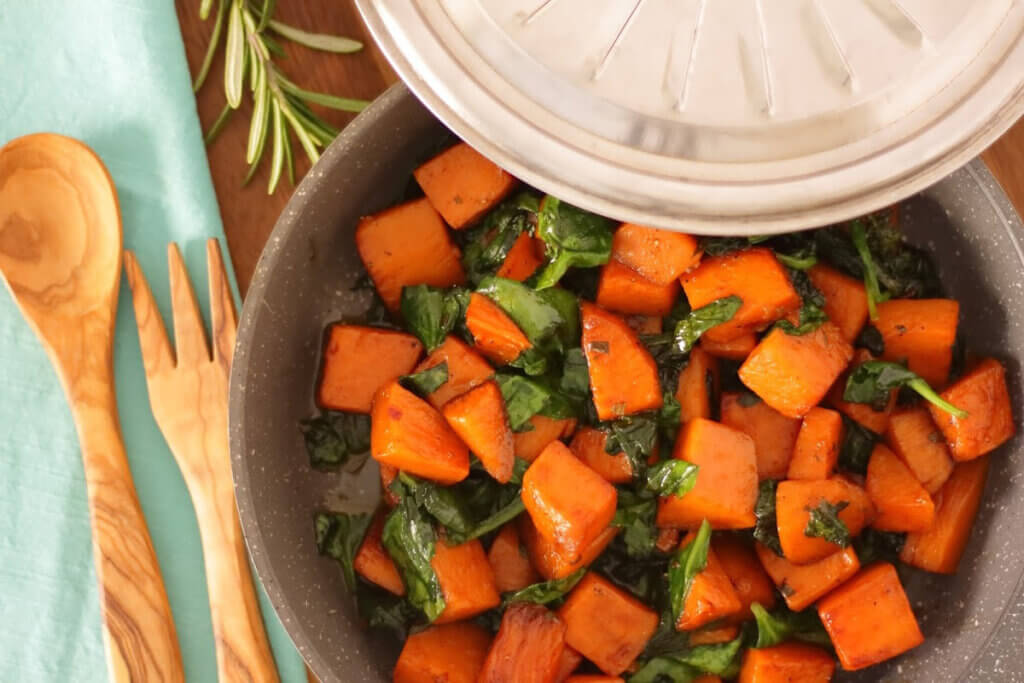

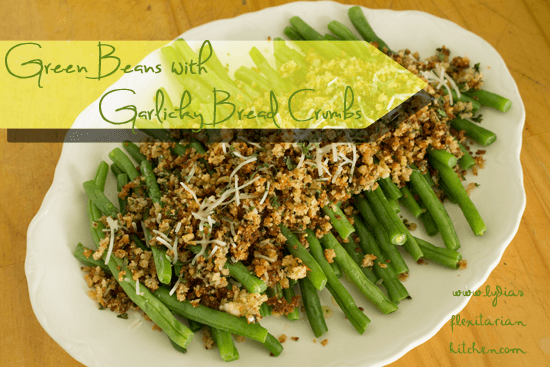
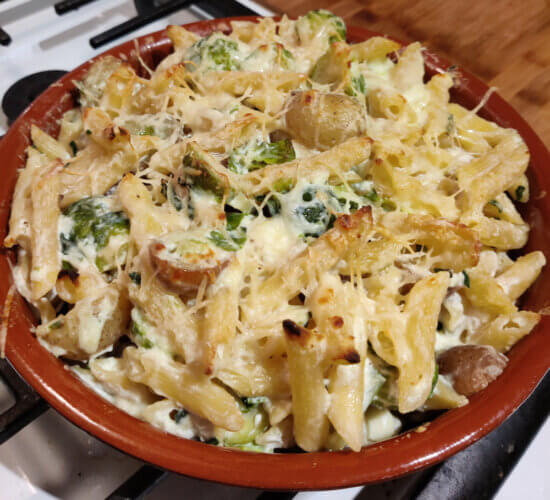
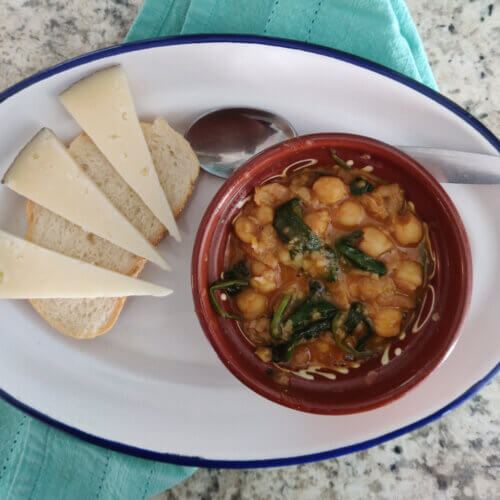
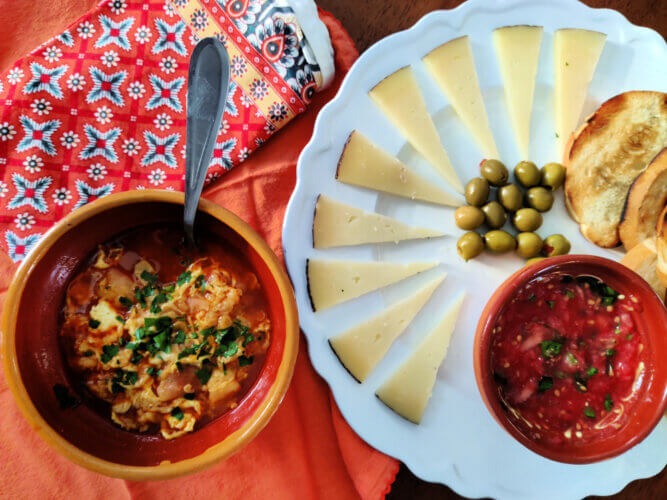
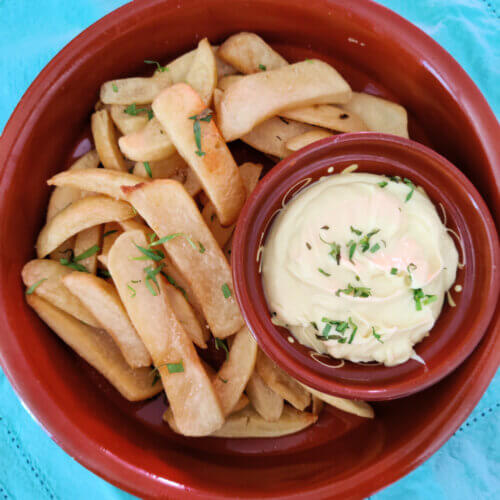
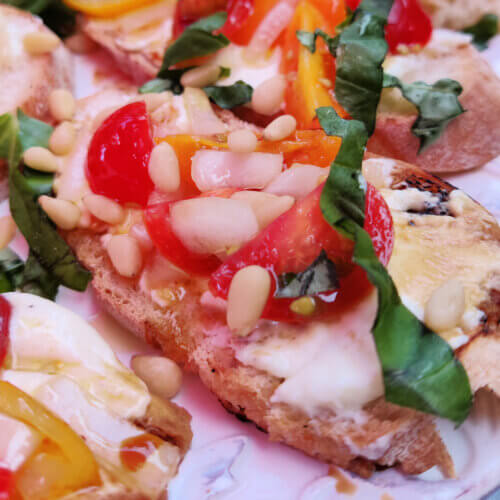
I just completed a year of Keto dieting for weight loss. However, I did not get the promised “health benefits” of lower blood pressure and cholesterol. Added to that, I’d like to get my 90 year old mother off her high blood pressure meds that sap her energy and make her want to sleep ALL day. So, searching for a more sustainable veggie-centric plan, I stumbled onto this site. This seems like a perfect compromise and a great way to start the transition from the high consumption of animal products to a more whole food plant based program- without having to swear off bacon forever- progress over perfection. So glad I found you!
Hi Leslie, thanks for your post! I hope you find flexitarianism to be helpful to both you AND your mother. I really like eating this way. You might find this post on flexitarian cookbooks to be a good resource. Best wishes and please feel free to ask questions either on the blog or in the Almost Meatless Recipes Group on Facebook.
Hi Lydia! I think we’re flexitarians too. Although my middle son likes to call himself a “meatatarian” 🙂 Thanks for sharing the term!
Thanks for dropping by, Angela! I admit to having meatatarian days myself. Especially when a grill is involved 🙂
My first visit to your site & have to confess I hadn’t heard of flexitarian eating either – loving the concept and look forward to learning more!
Nice to meet you, Debra. Hope to see you again 🙂
What most attracts me to flexitarian eating is the low environmental impact and low cost, but I also enjoy improved health (fewer colds, clearer skin, stronger nails, smoother digestion) and I find vegetarian and vegan meals so satisfying that I rarely miss meat. Also, I like not having to deal with the sanitation concerns of storing and cutting raw meat.
The only thing I dislike about my low-meat lifestyle is the lack of interesting choices in many restaurants. Ethnic restaurants usually have lots of tasty vegetarian things, but mainstream American restaurants might have a veggie burger (probably with GMO soy) or some egg dishes, and that’s about it. Those restaurants are the places where I’m most likely to eat chicken, breaded fish, or bacon, even when I don’t especially want them.
This has been a revelation for me! I feel like I have been living under a rock! I had never heard of a flexitarian lifestyle before and it all makes sense! I always had to reluctantly put myself into an omnivorous category, though I prefer a primarily plant based meal. Bacon? Yes please!